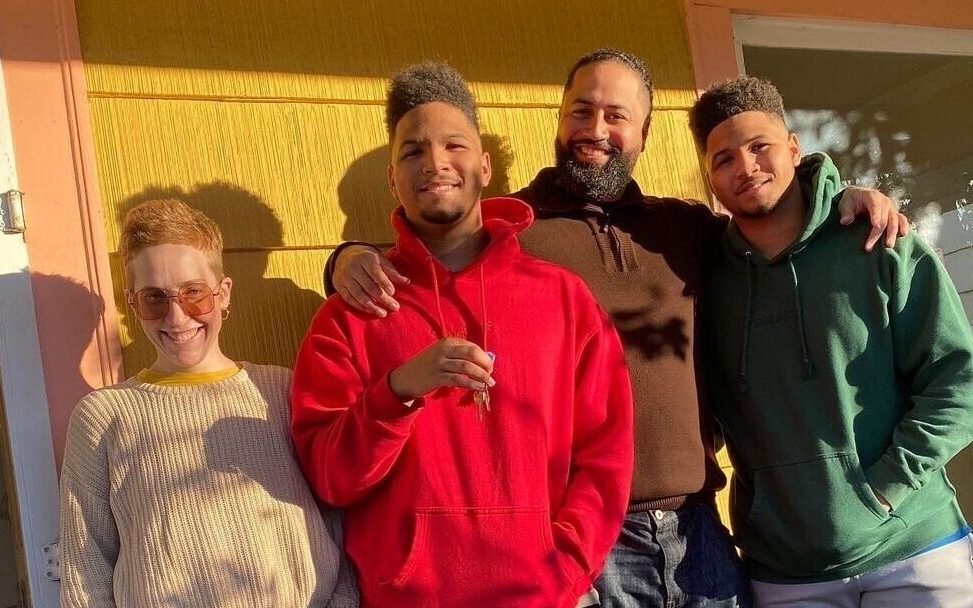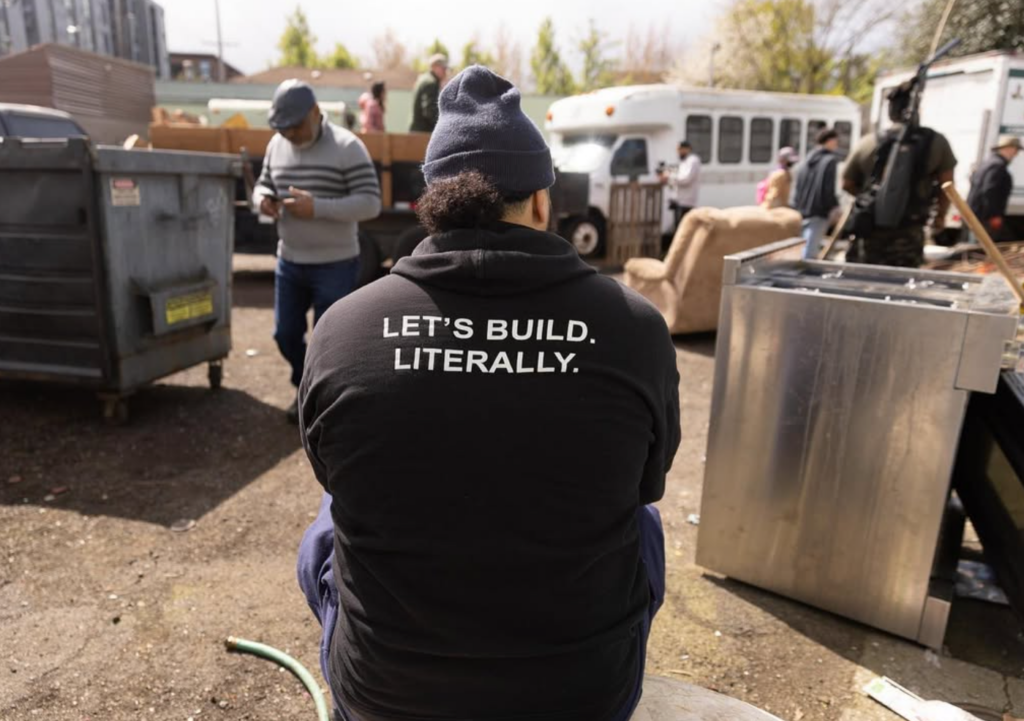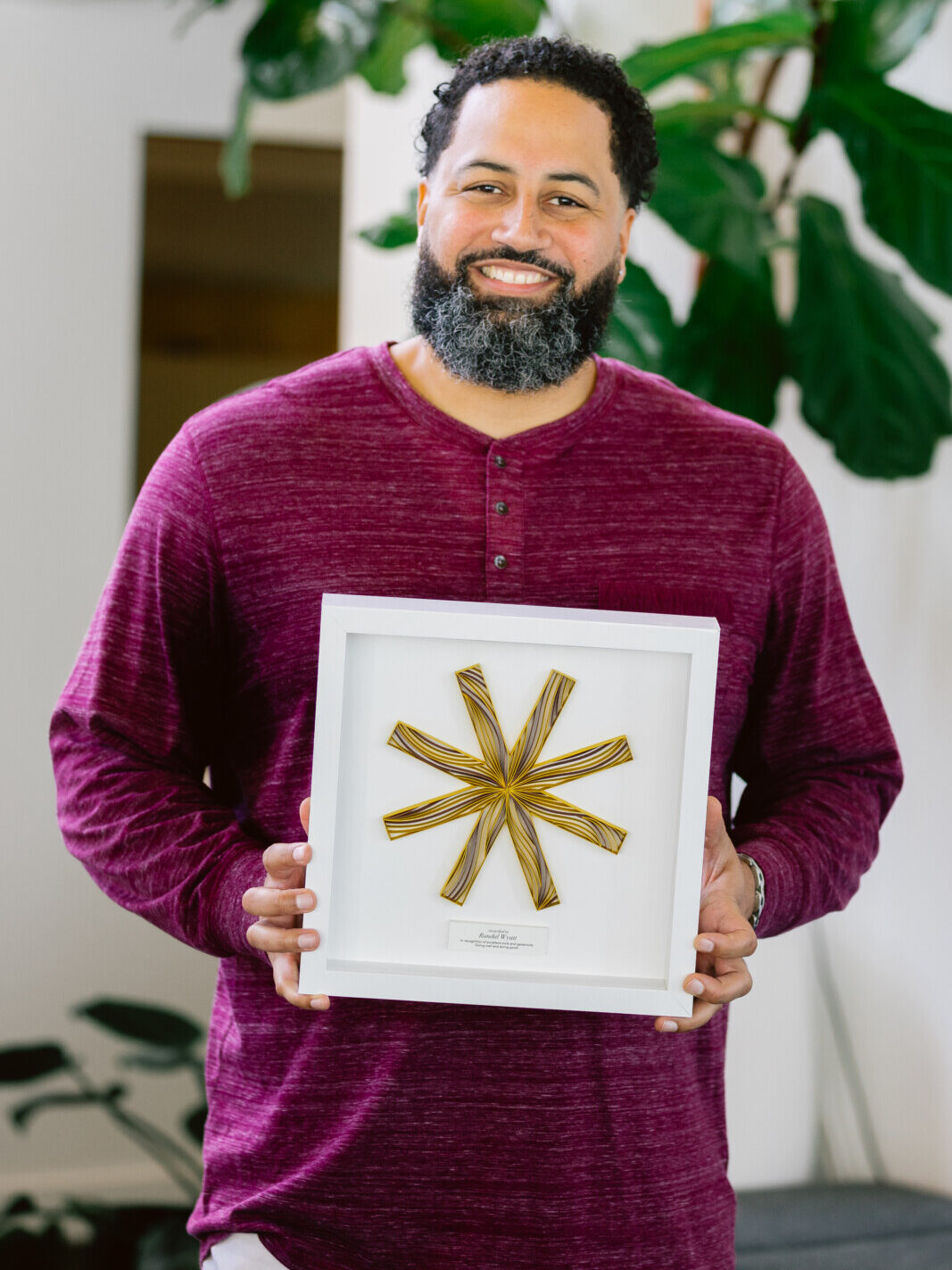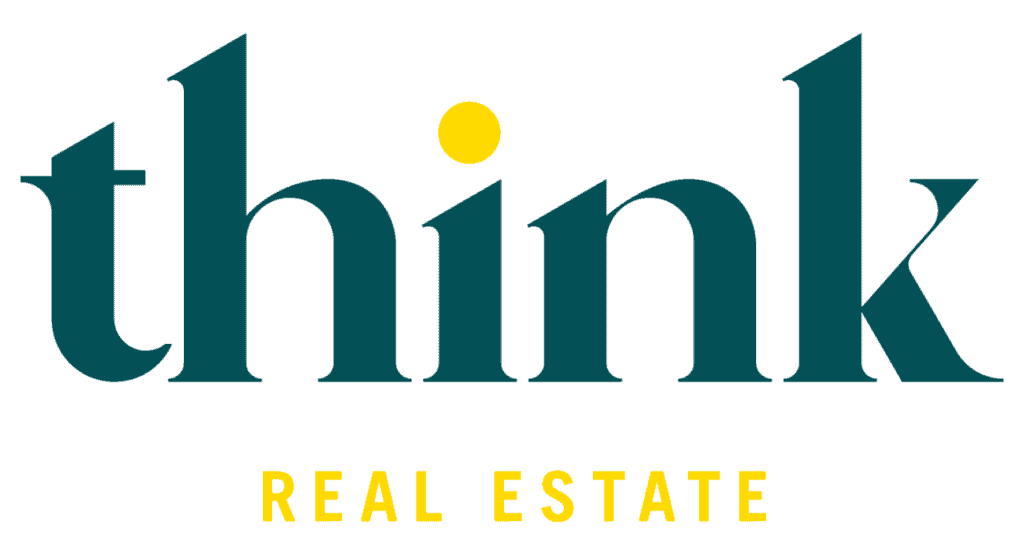Portland’s real estate market has a complicated history—one that hasn’t always been fair or equitable. For Black homeowners, in particular, that history is riddled with redlining, displacement, and a system designed to keep generational wealth just out of reach. Enter Taking Ownership, a Portland-based nonprofit led by Randal Wyatt, which is working to change that reality in real-time.
I recently sat down with Randal on Instagram Live to talk about his organization’s mission, the impact of deferred maintenance on Black homeowners, and how we—yes, all of us—can help make homeownership more accessible and sustainable for Portland’s Black community.
Why Home Repairs Matter More Than You Think
Owning a home is more than just having a place to live—it’s a key to building long-term wealth.
But when the cost of repairs gets out of hand, that key can quickly slip away. Randal explained that deferred maintenance—when essential home maintenance is postponed due to financial or physical limitations—often leads to a devastating snowball effect.
“It starts small,” Randal said. “Maybe a homeowner can’t clean their gutters, and then that leads to a leaky roof, which turns into water damage, which turns into mold. Before they know it, the home becomes unlivable, and they’re vulnerable to predatory investors looking to swoop in and buy at a fraction of the home’s value.”
That’s exactly what Taking Ownership is working to prevent. By offering free repairs and renovations to Black homeowners, they help keep families in their homes, maintain community stability, and stop displacement before it happens. Since its launch in 2020, the organization has facilitated over $1.5 million in home improvements, assisting more than 125 households.
Fighting Gentrification—One Home at a Time
We all know Portland has a gentrification problem. Over the past few decades, historically Black neighborhoods have seen property values skyrocket—not because the city is investing in long-time residents, but because new buyers and developers are moving in.
“Portland’s real estate system was built in a way that excluded Black homeowners,” Randal explained. “We weren’t given access to loans, we were pushed into certain neighborhoods, and then, once those neighborhoods became desirable, we were priced out. Taking Ownership is about keeping Black homeowners in their homes so that they can benefit from the growth of the city, rather than being displaced by it.”
This isn’t just about keeping homes livable—it’s about building generational wealth. When a family can stay in their home, pass it down to their kids, and retain the value they’ve invested in it, that creates lasting financial security.

The Hidden Threat: Liens, Fines, and Forced Displacement
One of the biggest but often overlooked barriers to keeping (often elderly) Black homeowners in their homes is the impact of city-imposed liens and fines. Many Black homeowners, particularly elderly or disabled residents, find themselves targeted with property maintenance complaints that result in fines they simply can’t afford to pay.
“Deferred maintenance isn’t just about keeping a home standing—it can lead to financial penalties that make staying in that home impossible,” Randal explained. “We’ve seen cases where homeowners had thousands of dollars in liens put on their properties just because they couldn’t afford a roof repair or yard maintenance. And once those liens start accruing interest, it becomes a never-ending cycle.”
The consequences of these fines go beyond individual homeowners. They affect entire neighborhoods by making it easier for predatory developers to buy up homes at a discount, accelerating the displacement of Black Portlanders. “There was one home where the city had placed $90,000 worth of liens just for basic maintenance issues,” Randal shared. “We stepped in, did some minor repairs—negotiated with the city—and those fines were wiped away.”
Taking Ownership is now proactively seeking out homeowners struggling with liens and fines, working with Portland’s permitting and development offices to advocate for fine reductions and prevent future penalties. “The city needs to find another way to generate money besides penalizing people for struggling,” Randal said. “If we don’t address this, it’s just another way Black homeowners are pushed out of the neighborhoods they built.”
And here’s where you come in: If you see a home in your neighborhood that looks like it needs maintenance, don’t call the city. Call Taking Ownership. Too often, well-meaning people report these homes to authorities, triggering a chain reaction that puts homeowners at risk of losing their property. Instead, reach out and ask if they need help. Something as simple as connecting them to resources—like Taking Ownership’s Community Impact Program—can make all the difference.
A New Approach to Reparations
Taking Ownership operates with a community-based, reparations-focused model. That means they don’t wait for policy changes or city-wide reforms (though those are essential, too). Instead, they take action by connecting homeowners with resources, skilled contractors, and financial assistance to address urgent needs.
“Our government isn’t likely to give Black Americans the reparations they deserve anytime soon,” Randal noted, “so we’re doing it ourselves. This is grassroots reparations, where community members who want to help can contribute directly to fixing homes, preventing displacement, and keeping wealth within Black families.”
It’s a tangible, immediate way for people—especially those in the real estate industry—to help undo some of the harm caused by decades of discriminatory housing policies.
Beyond Home Repairs: Expanding the Mission
Taking Ownership’s impact doesn’t stop at home repairs. They’ve expanded to include two additional programs:
- Community Impact Program – This initiative provides seasonal maintenance (like landscaping, exterior upkeep, and decluttering) to help homeowners avoid fines and liens that can lead to displacement.
- Small Business Financial Assistance – Through a partnership with DevNW, Taking Ownership helps Black-owned businesses access financial resources, including a 5-to-1 matched savings program to fund business growth and sustainability.
And they’re not stopping there. Randal’s latest initiative, the PDX Housing Solidarity Project, focuses on helping Black and Indigenous Portlanders purchase homes by connecting them with funding, resources, and property sellers who are willing to transfer equity as a form of reparations.

How You Can Help
Real estate professionals, investors, and everyday Portlanders have a role to play in making homeownership more accessible and sustainable. Here’s how you can support Taking Ownership’s mission:
- Donate – Contributions help fund repairs, cover material costs, and support the organization’s ongoing work.
- Volunteer – From seasonal maintenance projects to community events, there are hands-on ways to get involved.
- Advocate – If you work in real estate, consider donating a portion of commissions, providing resources to first-time Black homebuyers, or offering pro bono services to support the cause.
- Talk to Your Neighbors – Instead of calling the city about a home that looks unmaintained, talk to your neighbor. Offer support. Connect them with resources like Taking Ownership. Fines and liens disproportionately impact Black homeowners, and community intervention can stop the cycle before it starts.
A Portland We Can Build Together
At the end of our conversation, Randal reflected on the bigger picture: “This isn’t just about home repairs. It’s about investing in community, keeping families together, Building generation wealth, and ensuring that Black Portlanders aren’t pushed out of the city they built.”
And that’s something we should all be invested in. To learn more about Taking Ownership, volunteer, or make a donation, visit takingownershippdx.org.







